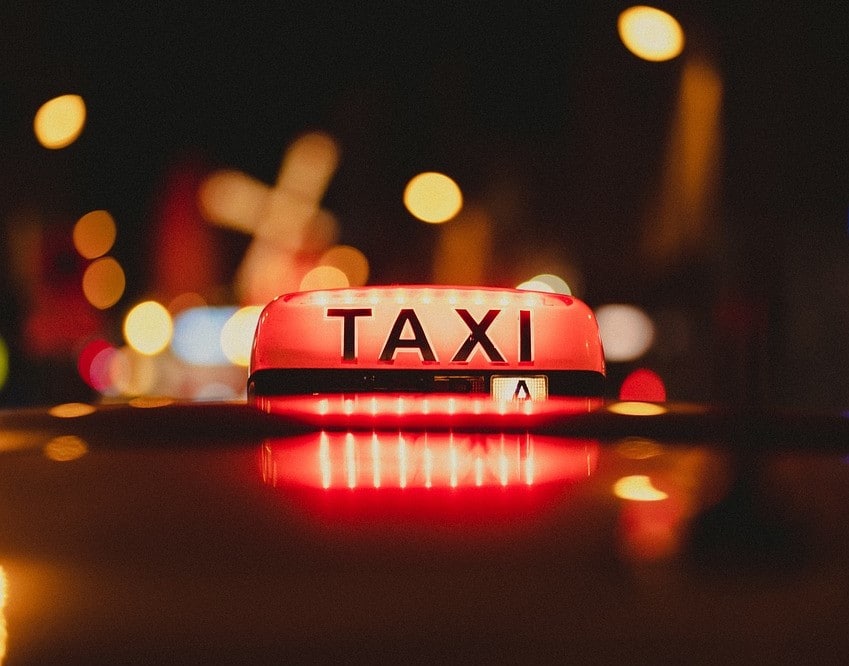

Object of the decision
By a judgment dated October 4, 2023, the Paris Court of Appeal renewed the so-called “ Paris Crystal ” case law, by agreeing to compensate victims of acts of unfair competition in view of the undue advantage received by their competitors.
More specifically, no fewer than 149 taxi drivers believed they had been victims of unfair competition practices implemented by the company UBER FRANCE as part of the deployment of the “UberPop” service in 2014 and 2015, which allowed ordinary individuals – neither taxi drivers nor VTC drivers – to offer expensive rides to individuals via an application, using their personal vehicles.
While UBER FRANCE claimed that there had been no drop in the appellants’ turnover and, consequently, considered that they had not provided proof of their economic loss, the Paris Court of Appeal noted that:
- It is necessarily inferred from unfair acts that there is damage resulting from the wrongful procedures used, in particular illicit practices, which are facts which generate commercial disruption;
- It is not disputed that UBERPOP drivers had operating expenses of up to 16.5% of their turnover – limited to fuel and vehicle maintenance – while taxi drivers assumed expenses of around 70% of their turnover; and
- The detrimental effects for taxi drivers resulted in ” a breakdown in equality between competitors in the market for the transport of individuals for payment “, allowing the company UBER FRANCE to build its economic development model based on an ” illicit competitive advantage “.
In these circumstances, it was then appropriate to refer to the “ Cristal de Paris ” case law of February 12, 2020 (no. 17-31.614), and to calculate the savings in charges that UBERPOP drivers had benefited from over the period in question, before passing it on in proportion to the turnover of each of the taxi drivers.
In addition to the fundamental and innovative contributions of the judgment regarding the method of calculating this type of economic loss, the judgment also provides interesting reminders on specific procedural points, such as:
- Concerning the alleged non-payment of tax stamps by the appellants, invoked by UBER FRANCE, the Paris Court of Appeal recalls that only the judge can raise such inadmissibility and that, since the parties registered a single notice of appeal and presented a joint defense, they had to pay a single tax stamp;
- Regarding the interest in bringing proceedings, it also recalls that a victim’s interest in bringing proceedings does not depend on proof of their harm – which only determines their chances of success – just as the interest in defending the perpetrator of an illegal practice does not depend on the imputability of the practice – which only impacts the “well-foundedness” of the action; and
- Regarding the addition of a new head of economic loss during the appeal proceedings, it points out that such a request is perfectly admissible in that it tends to propose an “alternative” method of calculating economic loss, in response to the criticisms formulated by the respondent in its submissions.
Please also read the article in Le Monde newspaper entitled ” Uber ordered on appeal to pay nearly 850,000 euros to taxis for “unfair competition” linked to the activity of its former service, UberPop”

